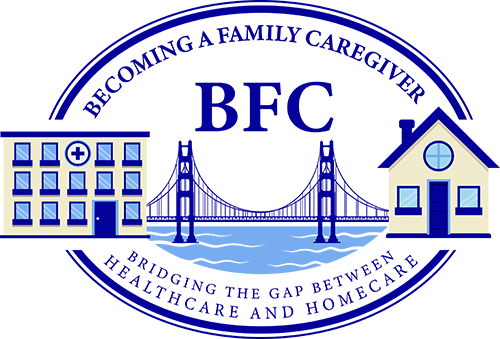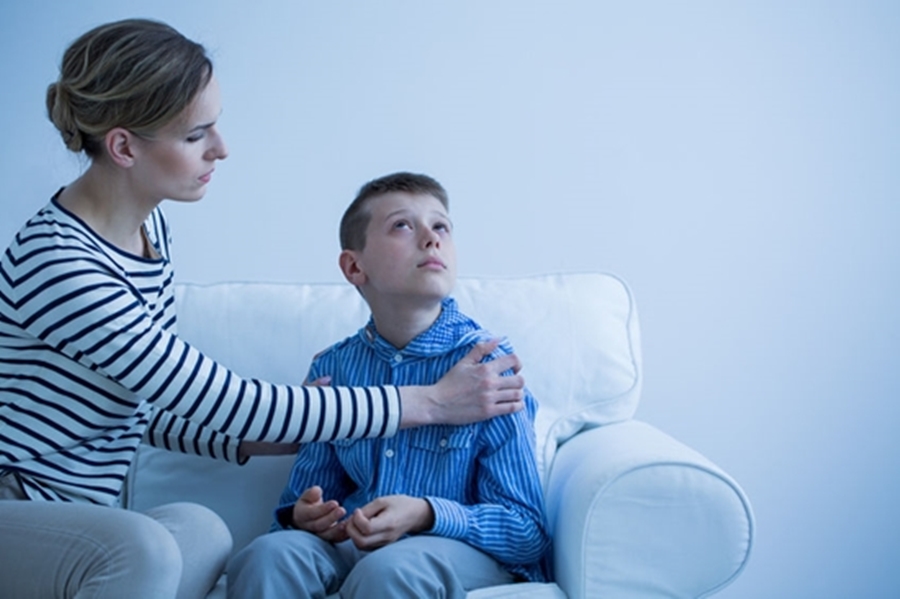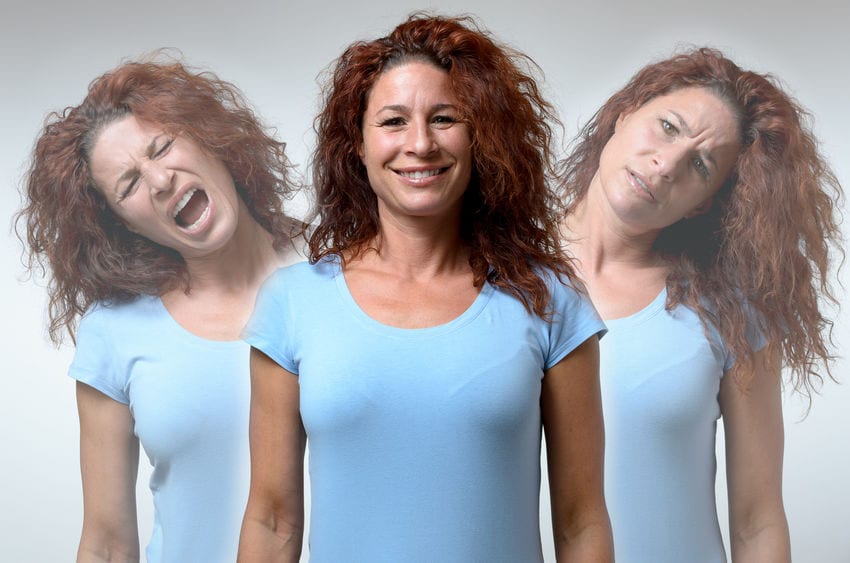Sundowning
Sundowning Sundowning Confusion Starts in Early Afternoon Sundowning comes by its name because it’s a behavior seen in many dementia patients around the time the sun goes down each day in the late afternoon or evening hours. In most cases, symptoms are less pronounced earlier in the day. As the day progresses toward […]










